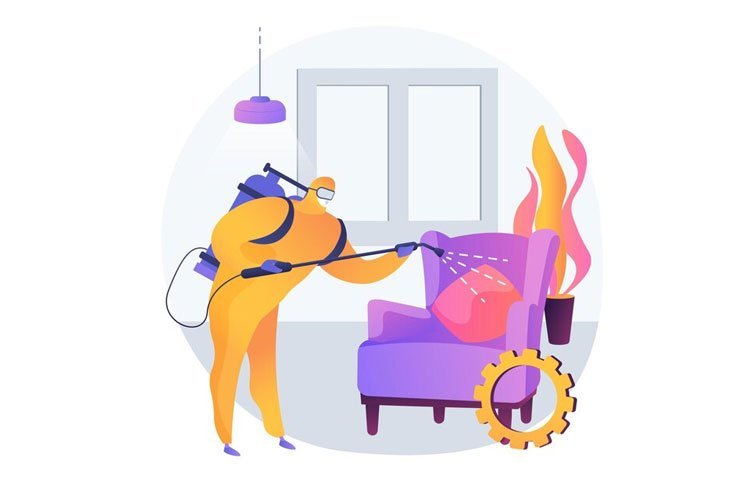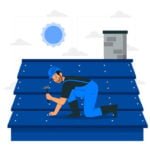DIY pest control might seem like a cost-effective solution, but it often leads to more problems than it solves. Many homeowners underestimate the complexities involved in effectively managing pests. Understanding why DIY methods fall short can help you make better decisions for your home’s health and safety.
When faced with a pest problem, you might be tempted to tackle it yourself. The allure of saving money and the satisfaction of solving the issue on your own can be strong motivators. However, what many homeowners don’t realize is that DIY pest control often fails due to a lack of expertise and inadequate resources. Addressing a pest infestation requires a deep understanding of the pests’ behavior, biology, and the specific environmental conditions of your home.
The Importance of Expertise in Pest Control
One of the main reasons DIY pest control fails is the lack of professional expertise. Identifying the type of pest correctly is important for effective treatment. Many pests require different approaches and treatments, and misidentification can lead to ineffective solutions.
For example, applying the wrong pesticide or using an incorrect method can exacerbate the problem instead of solving it. This is why hiring a licensed pest exterminator can make a significant difference; their knowledge and experience are invaluable in diagnosing and treating infestations accurately.
Professional pest control experts also stay up-to-date with the latest pest control technologies and regulations. They understand local pest populations and their seasonal patterns, allowing for more targeted and effective treatments.
Moreover, they can identify potential entry points and vulnerabilities in your home that you might overlook, addressing not just the current infestation but also preventing future ones. This comprehensive approach is difficult to replicate with DIY methods, which often focus solely on eliminating visible pests without addressing the root causes of the infestation.
Understanding the Scope of the Problem
Another critical factor in the failure of DIY pest control is underestimating the extent of the infestation. Pests often hide in places that are not easily accessible, making it difficult for homeowners to locate all affected areas.
A few visible pests can be just the tip of the iceberg, with larger colonies hidden within walls, attics, or basements. Furthermore, without proper inspection tools and techniques, it’s challenging to assess the full scope of the problem accurately.
Professional pest control services utilize advanced detection methods such as thermal imaging and moisture meters to locate hidden infestations. These tools can reveal pest activity within walls, under floors, or in other concealed areas that are impossible to detect with the naked eye.
Additionally, professionals understand the breeding cycles and habits of different pests, allowing them to predict the extent of an infestation based on visible signs. This comprehensive understanding enables them to develop a more effective and long-lasting treatment plan compared to DIY methods, which often only address surface-level issues.
Risks Associated with DIY Pest Control Methods
Using over-the-counter pesticides without proper knowledge can pose significant risks to your health and safety. Many DIY products contain harmful chemicals that can be dangerous if not handled correctly.
Exposure to these substances can cause respiratory issues, skin irritation, or other health problems. Moreover, improper application can lead to contamination of living spaces, putting your family and pets at risk.
Advantages of Professional Pest Control Services
Professional pest control services offer a comprehensive approach to managing infestations effectively and safely.
Experts use advanced tools and techniques that are not available to homeowners. They also provide tailored solutions based on thorough inspections and detailed assessments of your property’s specific needs.
Besides, professional services include preventive measures to reduce the likelihood of future infestations, offering long-term protection for your home.




No Comment! Be the first one.